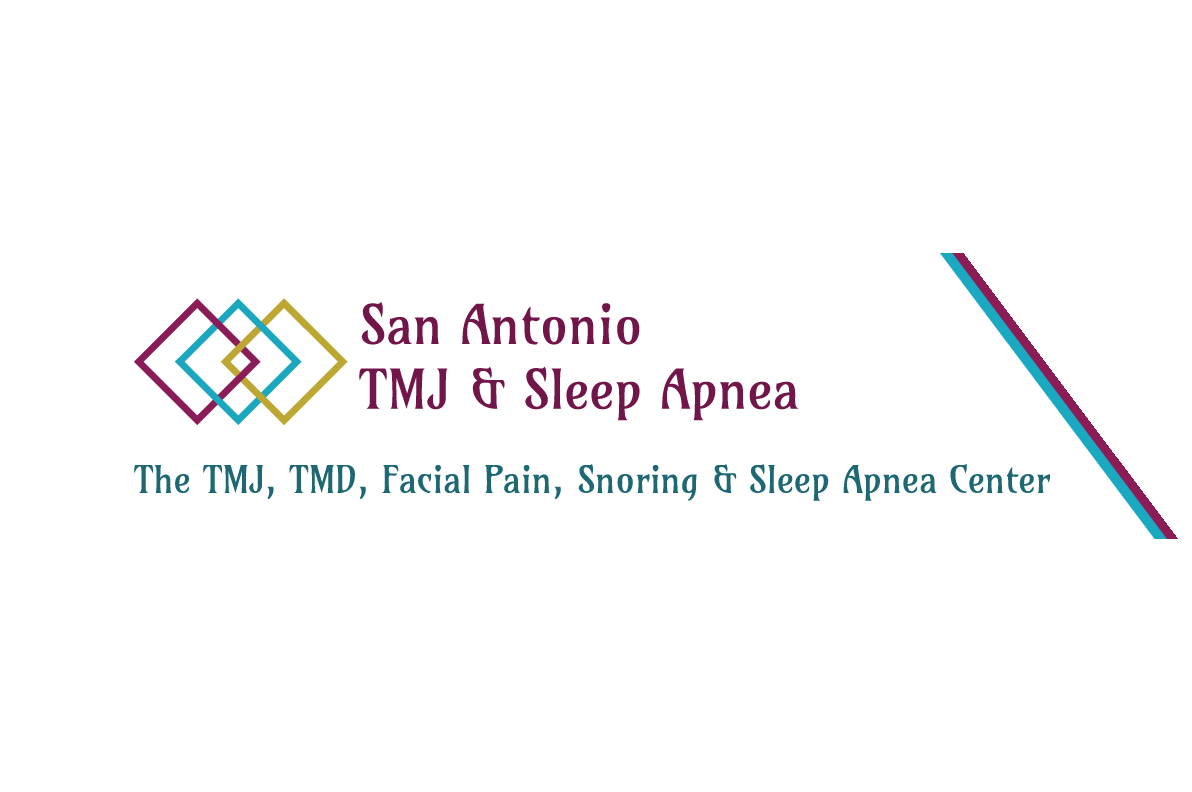To learn more about our services and what we can do for you, or to make an appointment, call us today!
Idiopathic Tooth Pain and Neuralgias
 Neuropathic pain is a condition in which the nerves that conduct pain fire either spontaneously or in response to non-painful stimuli, such as touch, pressure, and temperature. Nerve pain is one of the most disquieting pain suffered by humans.
Neuropathic pain is a condition in which the nerves that conduct pain fire either spontaneously or in response to non-painful stimuli, such as touch, pressure, and temperature. Nerve pain is one of the most disquieting pain suffered by humans.
- It is a condition in which the nervous system is malfunctioning, peripherally and/or centrally.
- Symptoms are usually unilateral because the cranial nerves involved exit the brain in pairs supplying each side of the body.
- The malfunction is sensory, or affective, occurring in nerves that conduct stimulation to the brain, as opposed to effective, or nerve impulses coming from the brain.
Neuropathic pain is comprised of two main entities, Classical Neuralgia and Idiopathic Odontalgia, that affect the face. Both involve dysfunction of the Fifth Cranial Nerve (CNV). (See Anatomical Diagram on the right.)
Classical Neuralgia
- For our purposes (isolated to the Fifth Cranial Nerve), this neuropathic problem is known as Trigeminal Neuralgia (TGN) or Tic douloureux. It is severe, halting, drive you to your knees type pain. Descriptors of pain character include sharp, lancing, electrical, and knife-like. The pain is paroxysmal, fast in onset and abatement and brief, lasting mere seconds to minutes.
- It is incompatible with normal activity and severely impacts one's life.
- The pain can be located anywhere on the face, as the nerve supplies the forehead (Division I), midface (Division II), and lower jaw (Division III).
- These locations represent the 3 divisions which can be affected in isolation or in combination. Divisions II (midface) and III (lower jaw) are the most commonly affected.
- The pain can be spontaneous with no stimulation required, or it can be associated with a trigger, such as movements, swallowing and eating, pressure, touching the skin, and temperature changes.
- When associated with a trigger, patients usually do everything possible to avoid these triggers.
- The pain can occur frequently and episodically during the day, but is uncommon during sleep.
- The causes of neuropathic pain are not well understood, but the nerve malfunction is thought to be associated with nerve demyelination. Diagnosis is based on clinical signs and symptoms. Brain imaging is generally normal, although tumors are possible, but unlikely.
- Treatments fall into two categories.
- Medications, generally anti-seizure drugs, are usually the first recommended treatment option. Medicines include Tegretol (carbamazepine), Neurontin (gabapentin), Trileptal (oxcarbazepine), and Lyrica (pregabalin) among others.
- Neurosurgical intervention is the second treatment option.
- The first is minimally invasive and involves attempts to attenuate the nerves that conduct pain, while preserving the nerves that conduct non-painful stimuli, such as touch, pressure, and temperature. These modalities include using radiation (Gamma Knife) or thermal (cryo or thermo) applications, which require Out-Patient General Anesthesia.
- The second surgical modality is brain surgery that is intended to relieve pressure on the nerve. Hospitalization is required for this procedure.
Idiopathic Tooth Pain (ITP)
This second type of neuropathic pain is very different from the stark pain profile of classic neuralgias.
- The pain is similarly unilateral, but the location of the pain is limited to the teeth. It tends to be less severe and more continuous, as opposed to the brief and sharp episodes of Classic Neuralgia.
- The onset can be spontaneous or follow a dental therapy, i.e. root canal, surgery, or tooth extraction.
In both of these pain conditions, patients commonly perceive the pain to be coming from their teeth, as the malfunctioning nerve is the same one that supplies the teeth. As a consequence, patients can undergo numerous dental procedures aimed at relieving the pain. Root canal therapy and extractions are not unusual before it is clear that the origin of the pain is not the pathology in the teeth, but in the nerve that supplies them.
